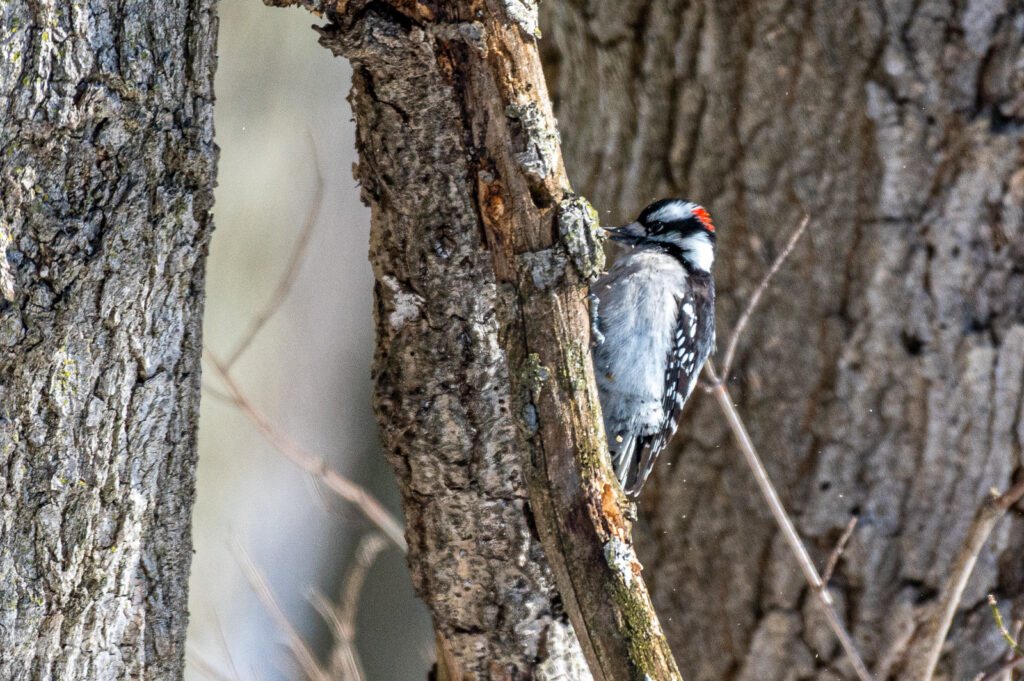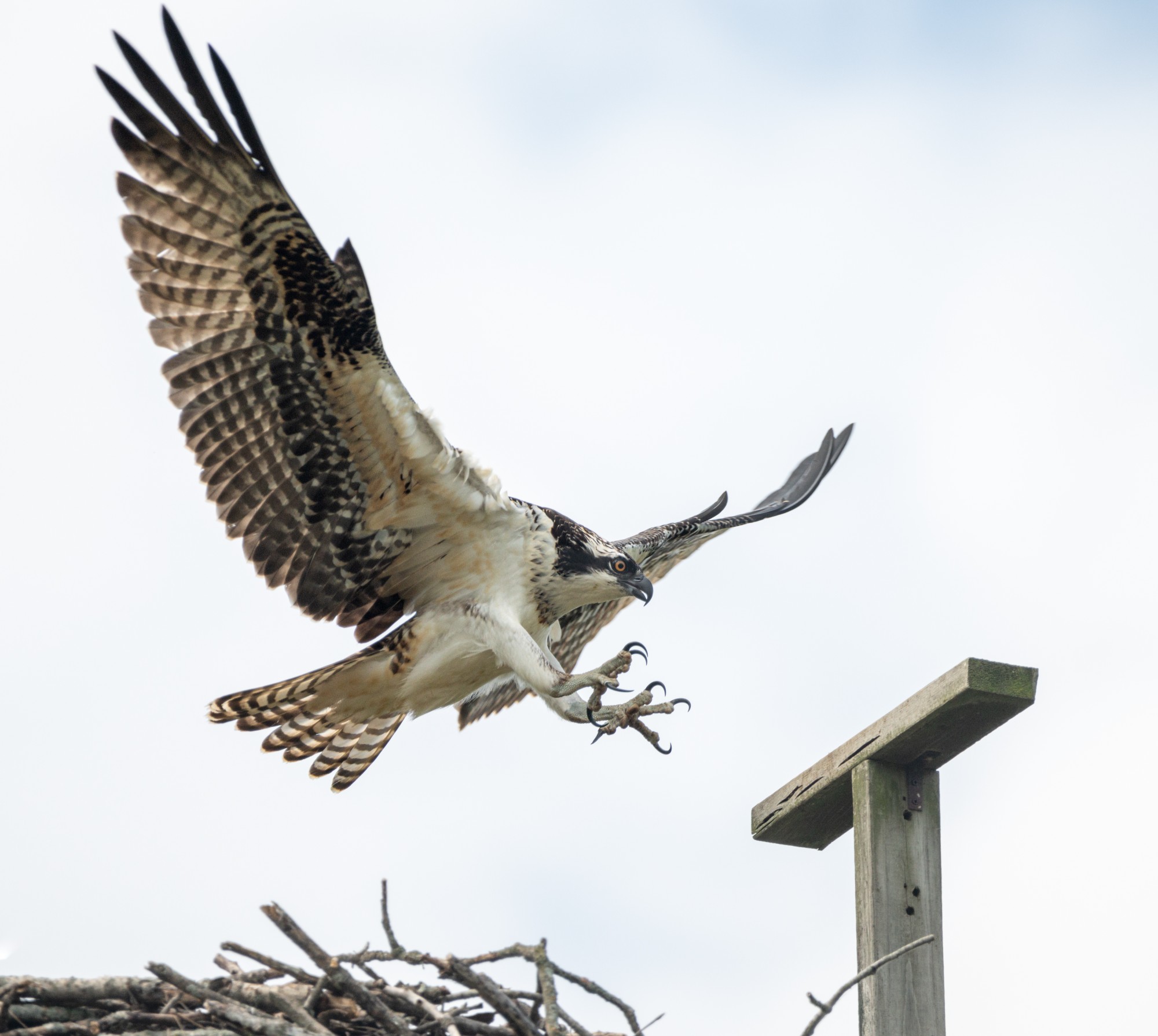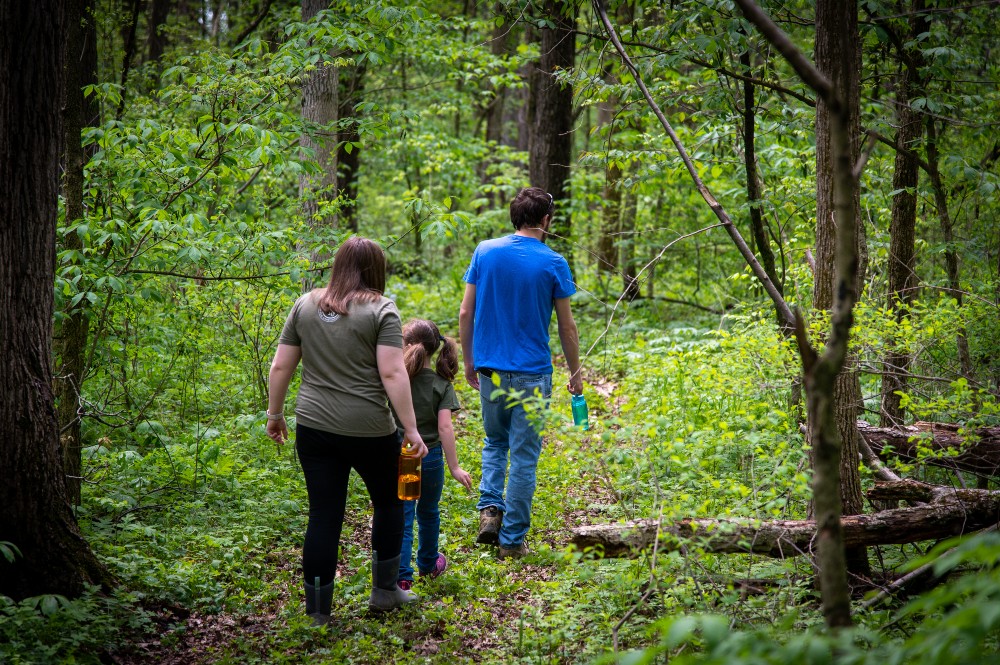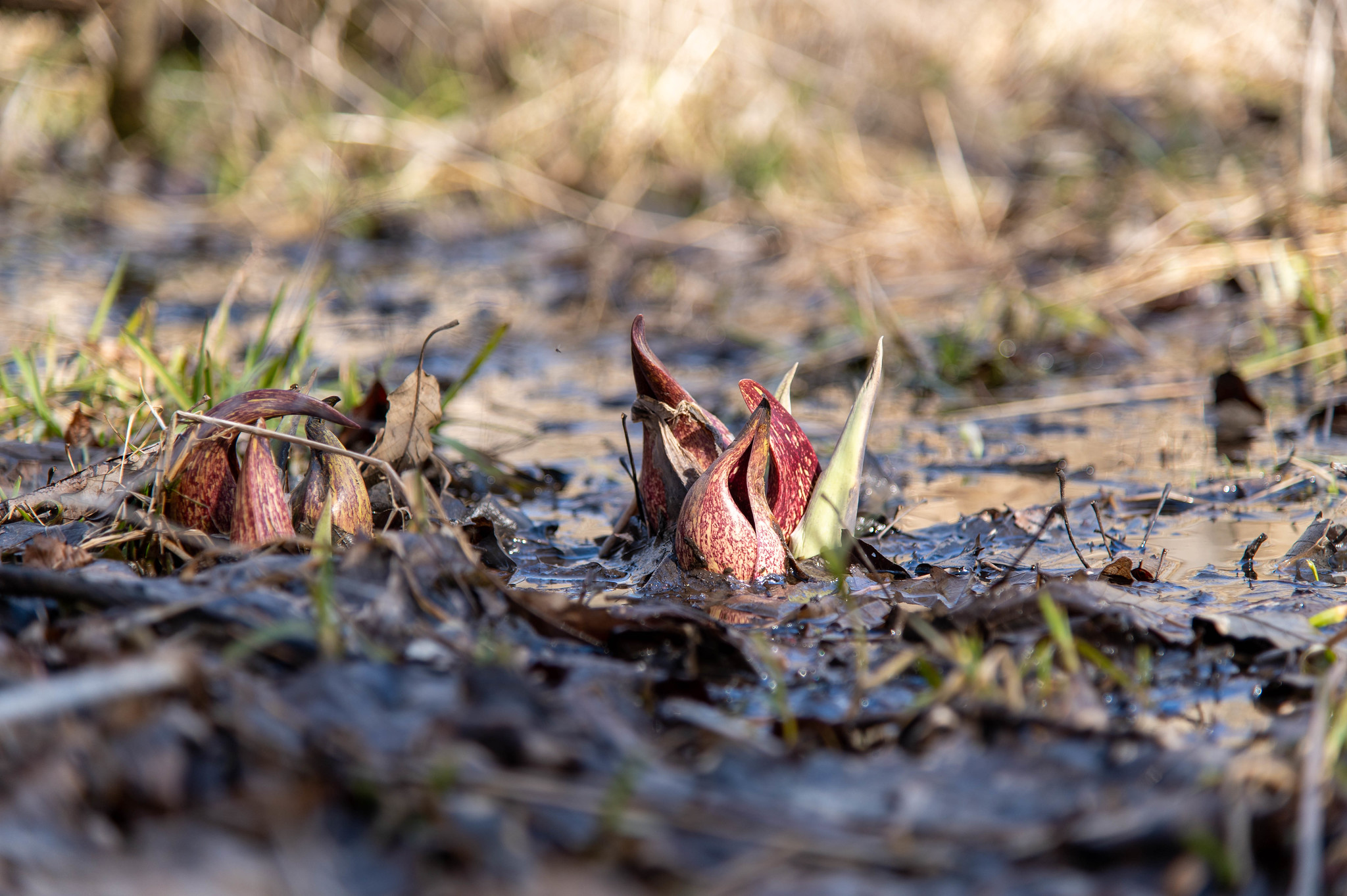Listen. The percussive drum of a woodpecker, the gentle whispering of wind through leaves, the cacophonous hum of insects in the summer heat.
All seemingly work together to create a piece of truly unique music that neither repeats nor can be repeated. It is an experience that is truly individualized each time you venture into the woods. It is a score older than all of us; composed at the moment we choose to experience it.
I am, of course, speaking of the rhythmic inspiration of nature. It is something that is easy to miss, but to those that listen it can provide a stream of creativity. Speaking as an environmentalist and a musician, I have found no greater muse than the symphony of nature, specially orchestrated every time I step outside.
Finding reliable inspiration in variable times such as these can seem like an insurmountable task. For some, the contemplative serenity that one’s home may have offered no longer exists if it is converted into a quarantine area. This being the case for me, I was forced to look elsewhere to allow my mind the freedom to creatively wander.
Though I am immersed in nature everyday while managing land, it is all too easy to forget to experience it. Though many people reading this may have heard of nature’s meditative qualities, not everyone, myself included, chooses to heed its call. After all, what does it even mean to have a more observant mindset? Where does it begin?
Admittedly, I am no expert in meditation. I’m just a person like you who occasionally needs a restorative experience. Though every individual has different needs, there are methods to try and allow yourself to experience nature differently.
One such practice is acceptance. Venturing into nature with too grand expectations may be unrealistic for many in central Indiana. It is important to accept that you will probably hear trains, airplanes, or cars. Coming to realize that this is part of the experience was something that truly helped me find serenity, especially in urban parks.
The most important tip I suggest is simply to try being receptive. Try to be open to nature in a manner that perhaps you never have. Try silent hikes, try just listening, try to allow yourself to become relaxed and for your mind to really take in its surroundings. Even if it is only once a week. There is no certain guide to help, because in all honesty, you cannot mess it up. Nature has a strange ability to provide whatever experience the seeker chooses to chase.
Music and art are universal languages. There may be no such piece composed more fantastically than that of the chirping birds, wind brushed grasses, and the croak of frogs. A language that speaks to us all because, on some level, we understand its significance.
Whether you are familiar with nature’s call or have never experienced it, wander into nature and let its serenity fill your mind. Make your footsteps the gentle bass drum of its orchestration and use your voice to sing on its behalf.
Jake Gamble is the Stewardship Coordinator for Red-tail Land Conservancy. Impassioned by land conservation, he strives to protect and preserve the natural quality of Indiana while inspiring others to do the same.
Photo © 2020 Kyle Allen Johnson




